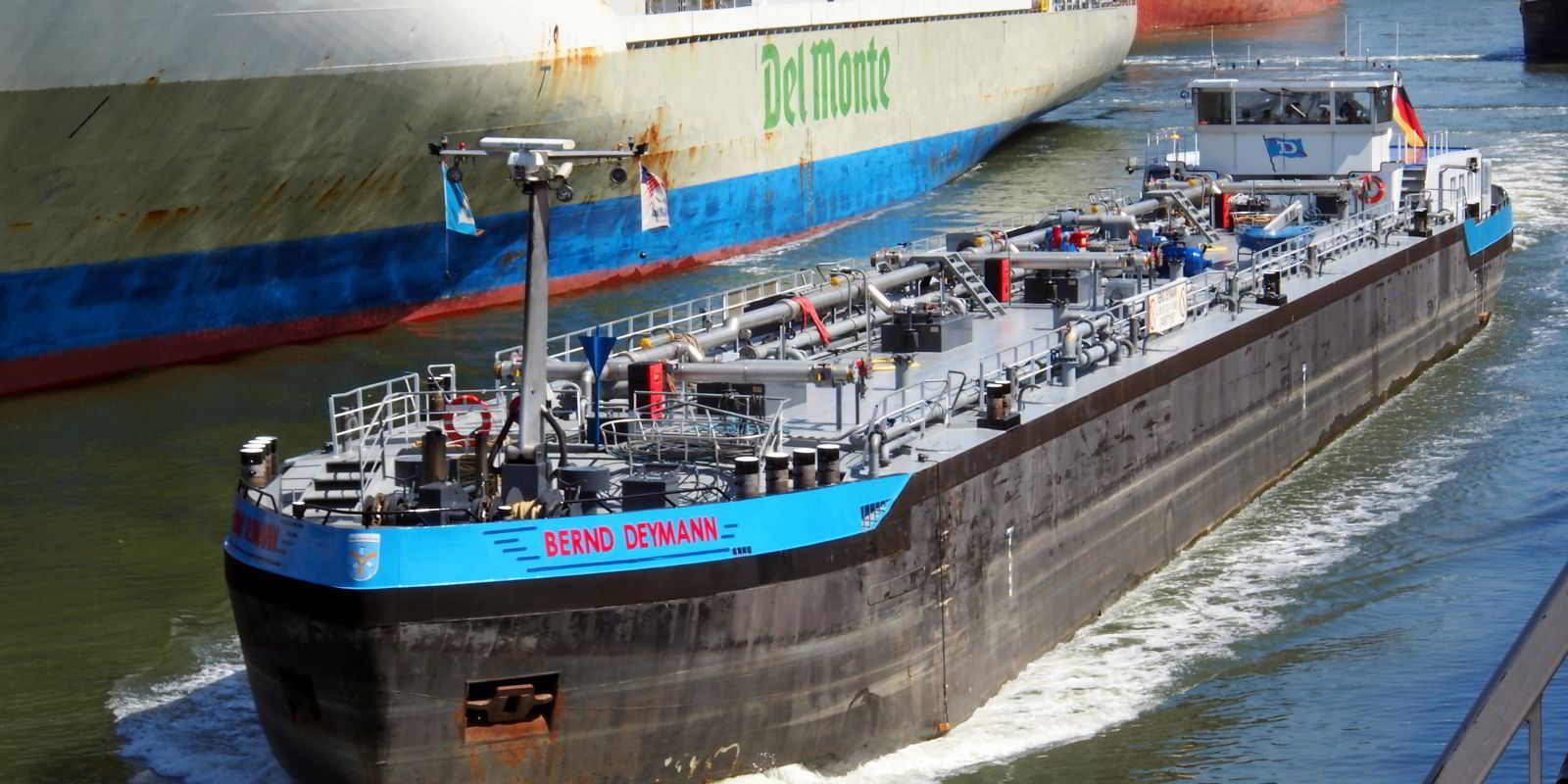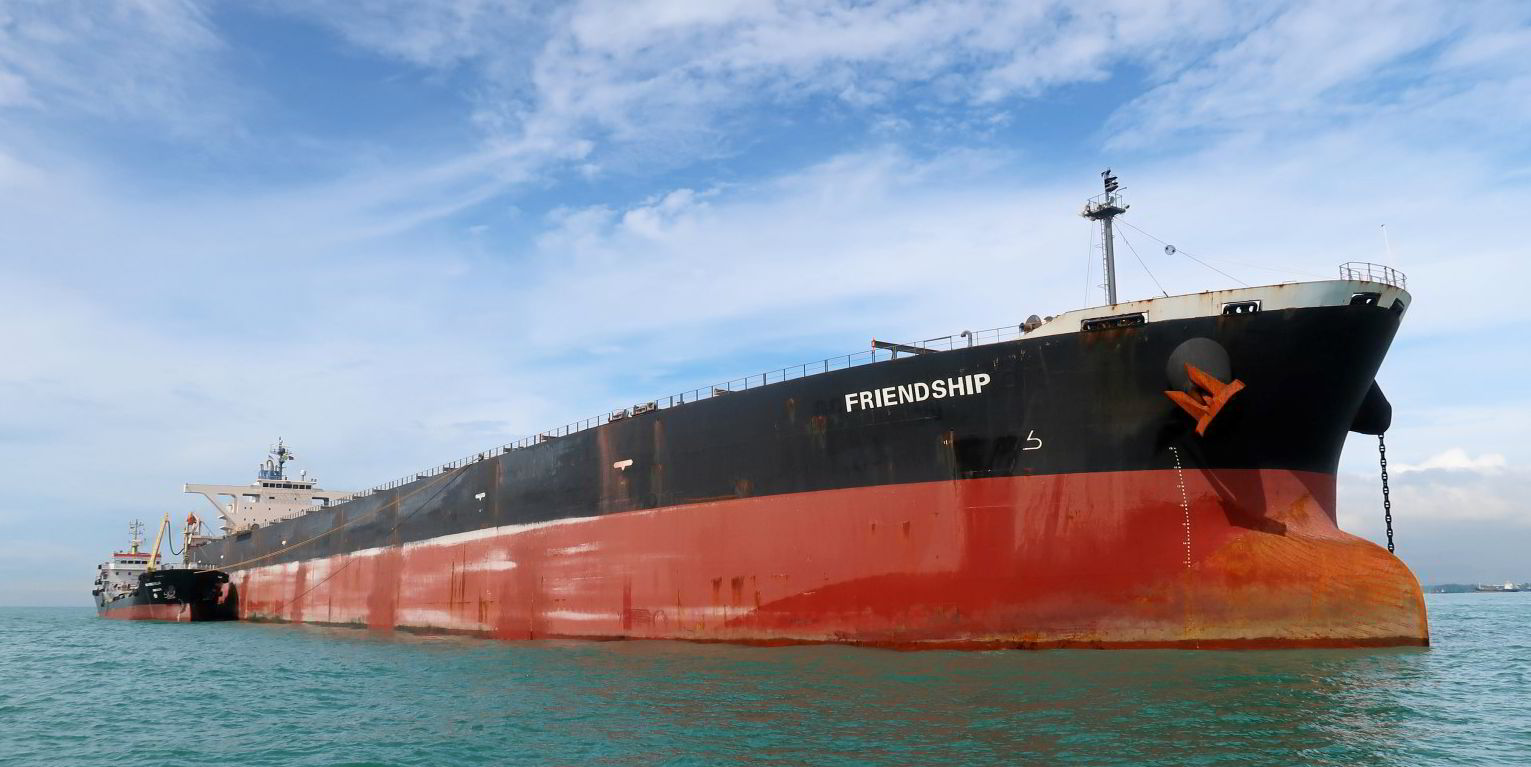Small but growing fuel provider Sonan Bunkers UK is beefing up operations globally after winning an enlarged finance facility from a mainstream bank and leaving alternative finance behind.
The company has plans in the alternative fuels sector through an Oslo subsidiary, and not least a physical fuel supply operation in Nigeria in partnership with a local company there.
Sonan’s rising profile under managing director and sole shareholder Graham Furse comes after the departure of former owner and director George Kotronakis some five years ago, according to documents filed with the UK Companies House.
Kotronakis, the son of a former Greek consul to Brazil who first made headlines as part of the “Carwash” corruption scandal, is still in the sights of prosecutors there. (See separate story.)
Corporate documents show that Kotronakis and Furse were co-directors of the Sonan Bunkers UK when it was founded in 2014. Kotronakis, the initial controlling shareholder, was then 25 while Furse, then 61, was a veteran of the bunkering industry with a background including nine years at Oceanconnect and Chemoil before joining Sonan.
In 2017, immediately after the Carwash revelations in Brazil, Kotronakis resigned his directorship and soon thereafter transferred a controlling take in Sonan Bunkers UK to Furse. The rest of his shares followed in 2018. Since then, Kotronakis shipbroking entity Seaview Shipping and Trading has been dissolved in the UK.
In its most recent 2020 annual report, Sonan Bunkers UK lists wholly-owned subsidiaries called Sonan Bunkers in Singapore, Rotterdam, Oslo, and Athens. A LinkedIn page, not recently updated, still lists Kotronakis as an oil trader in Athens at Sonan Bunkers Group, an entity otherwise unknown.
Furse is not eager to discuss his controversial former partner.
“Five years is a long time and I really have nothing to add to what is already out in the open market regarding Kotronakis,” said Furse, who was travelling this week and unable to respond to further questions about the development of his business.
Sonan’s expansion would have been more difficult when the company was still relying on its own financial resources.
“Sonan Bunkers had done an excellent job of growing the business without any significant third-party funding,” wrote UK debt arrangers FRP Advisors in a case study of an 18-month, $10m facility they lined up in April 2020 from asset-based lending (ABL) financier Breal Zeta Commercial Finance, doubling Sonan’s access to credit.
The deal was also spotlighted that year in the English Institute of Chartered Accountants’ magazine Corporate Financier.
The idea was to provide financing based on Sonan’s receivables, then on the order of $15m, with a view to replacing the facility later by mainline bank financing. But receivables in a multijurisdictional industry like bunkering of oceangoing vessels can seem slippery collateral to mainline lenders.
But last month Sonan announced to customers that it had won a “significant” but undisclosed increase in funding from HSBC.
Industry news source Ship & Bunker cited Sonan as calling the HSBC loan a vote of confidence and showed Sonan was committed to “enhancing our credibility in the market as we take the business to the next level”.
Ship & Bunker had reported a month earlier on the Nigerian expansion.





